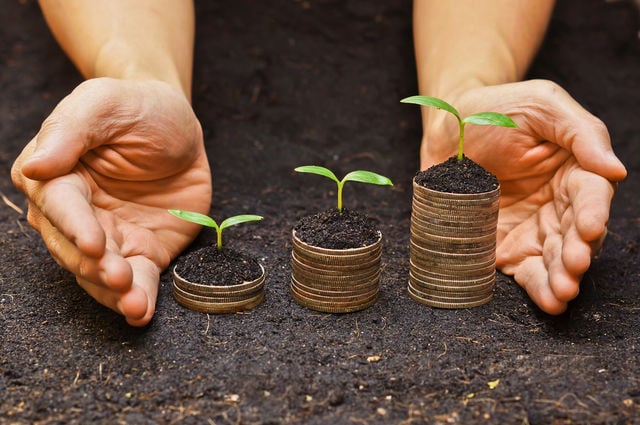Driving Resiliency and Sustainability in Hospitality: Five Priorities for 2021
23 experts shared their view
Recovery, resilience, recalibration, or bouncing back are a few examples of keywords that are at the center of any discussion surrounding the hospitality industry's economic prospects this past year. However uncertain the economic future may be, major crises of earth systems are unabated to date. While similarities exist between resiliency and sustainability (i.e. both concepts refer to the state of a system or organization over time in response to instabilities), there are notable differences, and conflicts, in the two concepts (i.e. achieving short-term economic resiliency at the expense of socio-environmental wellbeing). Looking forward, all eyes are on resiliency (growth!) in hospitality but how do we decouple growth from impacts, most notably carbon emissions? How do we ensure that sustainability is a component of resiliency (or vice versa)? What are the five priorities the hospitality industry should set to tackle resiliency and sustainability at the same time in 2021?
The challenge for decoupling growth from impacts, which is at the core of a possible green tourism and hospitality recovery, relies very much on three levels of change. First, climate policies should be in place with the right incentives, making the economic gains of efficiency and long-term commitment to sustainability notorious for tourism businesses. Without proper incentives, tourism businesses will hardly engage in the type of energy, logistical, and IT investments needed for decoupling carbon emissions from growth. Secondly, the financial system should be ready, which in most cases around the world, is not the case, to learn, engage and develop financial solutions that are geared to make tourism businesses more efficient and more climate-friendly.
There are risks associated with investing in climate change mitigation and adaptation. Financial institutions should work with regional and national development banks to reduce uncertainties and unlock the financial system for climate impact investments. Finally, travelers should be engaged in proactive, positive action. They should be part of the solutions, just as businesses are. People are more likely to engage in a behavior when they derive positive feelings from doing so. This core precept is often overlooked when it comes to climate action, for which ad campaigns are likely to emphasize disturbing warnings. Research has found that hope and pride are instrumental in driving sustainable behavior; there is a need to engage in creative ways with consumers.


